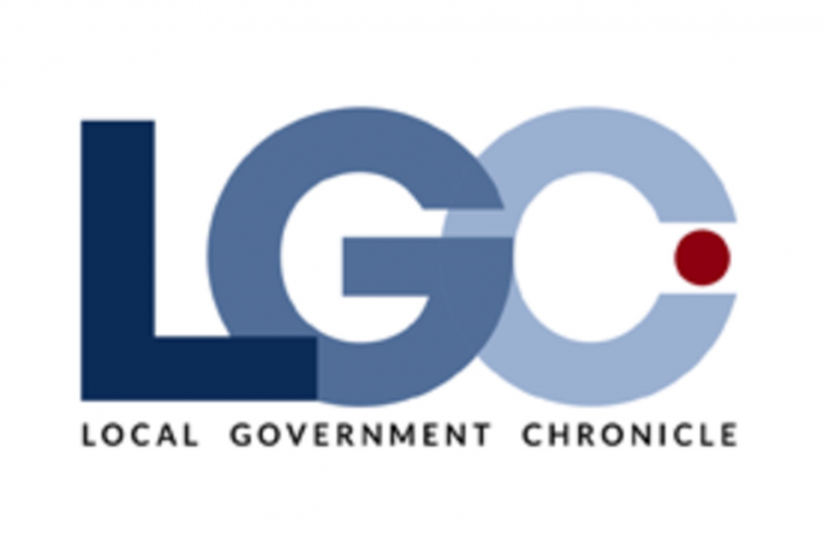
26 February 2018
Local government up and down the country is working with clinical commissioning groups and GP surgeries to deal with the non-medical causes of why people visit their doctor, even if the symptoms are medical.
Examples include anxiety or depression caused by debt; asthma caused by damp housing; and diabetes caused by bad diet and lack of exercise. Loneliness, the most toxic of all, can present itself regularly at the GPs’ surgeries masked as a whole host of issues from mental ill health to physical ailments.
Home adaptations are playing their part in preventing hospital admissions by thwarting falls and speeding up hospital discharge times by adapting homes while patients are still being treated. This saves money as well as lives. Older people lose 5% of their muscle mass every day they stay in hospital and they can become institutionalised all too quickly.
Three years ago, Sevenoaks DC wrote a health integration deal that it presented to Kent CC, the CCGs and GPs outlining the ways the district could play an active role in preventing hospital admissions and social care demand. The county and the CCGs were so impressed that they rolled the idea out across the county but in Sevenoaks, where the vision was formulated, the service is more holistic.
With public health money and better care funding, Sevenoaks employ ‘One You’ advisors to work in GP surgeries and other settings such as the Citizens’ Advice Bureau and children’s centres to tackle the root causes of the non-medical reasons for which people regularly visit their GP. We wrap all our services around them, from debt advice and home adaptations to weight management and exercise, until we solve the root problem.
As our One You advisers gain peoples’ trust, we are finding their problems are complex. Often debt, addiction, mental ill health all go hand-in-hand with other issues. So, we engage every part of the council and every agency until we can to get to the bottom of them. In Sevenoaks our Housing, Energy and Re-training Options (Hero) officers – who were set up a decade ago to provide holistic advice to prevent homelessness, often focussing on debt advice – work closely with the One You advisers, as does our home adaptations team.
A person who is at risk of falling may require exercise, from chair yoga to gentle walks with others for support to build up core muscles, as well as home adaptations. Our advisers will make sure they receive all the support they need. Likewise, our advisers are tackling loneliness, which costs the NHS an estimated £10bn a year. People make GP appointments just to talk to someone, but at £45 per appointment this is very expensive and not very effective.
Our advisers have found there is stigma associated with loneliness. Working with Age UK and other charities, advisers ask patients to volunteer as their skills are needed, not because they need the company. This tactic and others work to prevent people making GP appointments.
Sevenoaks’ home adaptations team set up our rapid hospital discharge scheme, which operates in every hospital serving our district. The team adapts people’s homes while they are in hospital so they can be discharged as soon as they are clinically ready. This gives them a better chance of returning to independent living than they would have if they were waiting in hospital for weeks to be discharged.
Before the NHS was created 70 years ago, local government looked after peoples’ health by promoting their wellbeing and trying to prevent ill health. Our Victorian predecessors solved the cholera epidemic by pressing for clean water, building better housing and constructing parks, theatres and swimming baths to help with overall wellbeing.
The NHS has done such a good job that local government has taken a step back and allowed the health service to fix things after they have gone wrong. This model no longer works and it is time for local government to re-engage with its roots and help the health service keep us all well.
